AI has emerged as a game-changer in the last year or so. With 92% of businesses planning to invest in generative AI tools within the next three years, according to McKinsey, it’s clear that AI is reshaping marketing strategies. This article explores how AI technologies are revolutionising marketing across businesses of all sizes, delving into practical applications and tools available today. Readers will gain insights into how these innovations are reshaping strategies and what future trends will further redefine digital marketing.
The current state of AI in marketing
AI technologies have become integral to modern marketing, offering capabilities that go far beyond traditional automation. While automation focuses on streamlining repetitive tasks, such as email campaigns and social media scheduling, AI introduces a new level of intelligence and adaptability.
Key AI technologies in use:
Machine learning: Empowers marketers to analyse data, identify trends, and predict consumer behaviour. It’s essential for customer segmentation and lead scoring, enabling more targeted strategies.
Natural language processing (NLP): Revolutionises customer engagement via chatbots and voice assistants, facilitating real-time interactions and personalised experiences.
Predictive analytics: Transforms historical data into actionable insights, forecasting trends and informing decisions on product launches and resource allocation.
Generative AI: Reshapes content creation by autonomously producing text, images, and music, empowering marketers to design personalised, engaging campaigns at scale.
AI marketing applications by business size
AI tools are no longer the exclusive domain of large corporations. AI solutions are accessible and beneficial for organisations of all sizes and budgets, allowing every business to harness the power of advanced technology to drive growth.
Small businesses
For small businesses, AI enables them to compete with larger players without hefty investments. Zoom serves as a prime example of AI-driven success. Once a minor player in video conferencing, Zoom harnessed AI to refine performance and user experience, rapidly ascending to industry leadership. By optimising features like background noise suppression, virtual backgrounds, and real-time transcriptions, Zoom became indispensable during the shift to remote work. Its focus on AI innovation propelled it from 10 million daily meeting participants in December 2019 to over 300 million by April 2020.
Mid-market companies
Mid-sized businesses can harness AI to optimise marketing strategies and drive efficiency. By implementing AI-powered customer relationship management (CRM) systems, these companies gain deeper insights into customer behaviour, enabling personalised and targeted marketing campaigns. Predictive analytics tools can forecast sales trends, allowing mid-market businesses to allocate resources more effectively. Additionally, AI-driven content creation and personalisation tools can enhance the impact of marketing campaigns, ensuring that messaging resonates with specific audience segments. Integrating scalable AI solutions allows mid-market companies to sustain growth and remain competitive in a rapidly changing environment.
Large enterprises
For large enterprises, AI offers the capability to refine complex marketing operations and deliver personalised experiences at scale. Advanced AI tools can unify data across departments, providing a comprehensive view of customer interactions. This enables large companies to deploy sophisticated strategies, such as real-time personalisation and dynamic content delivery, which enhance customer engagement and loyalty. The integration of AI into enterprise-level systems requires strategic planning and robust infrastructure, but the payoff is substantial in terms of increased efficiency and a competitive advantage. By leveraging AI, large enterprises can streamline operations, improve decision-making, and maintain their leadership position in the market.
Core AI marketing tools and technologies for small businesses
In the fast-paced world of digital marketing, small businesses can harness the power of AI to drive impactful results. Here’s a closer look at essential AI tools and technologies that can transform your marketing efforts:
1. Content generation tools (text and image)
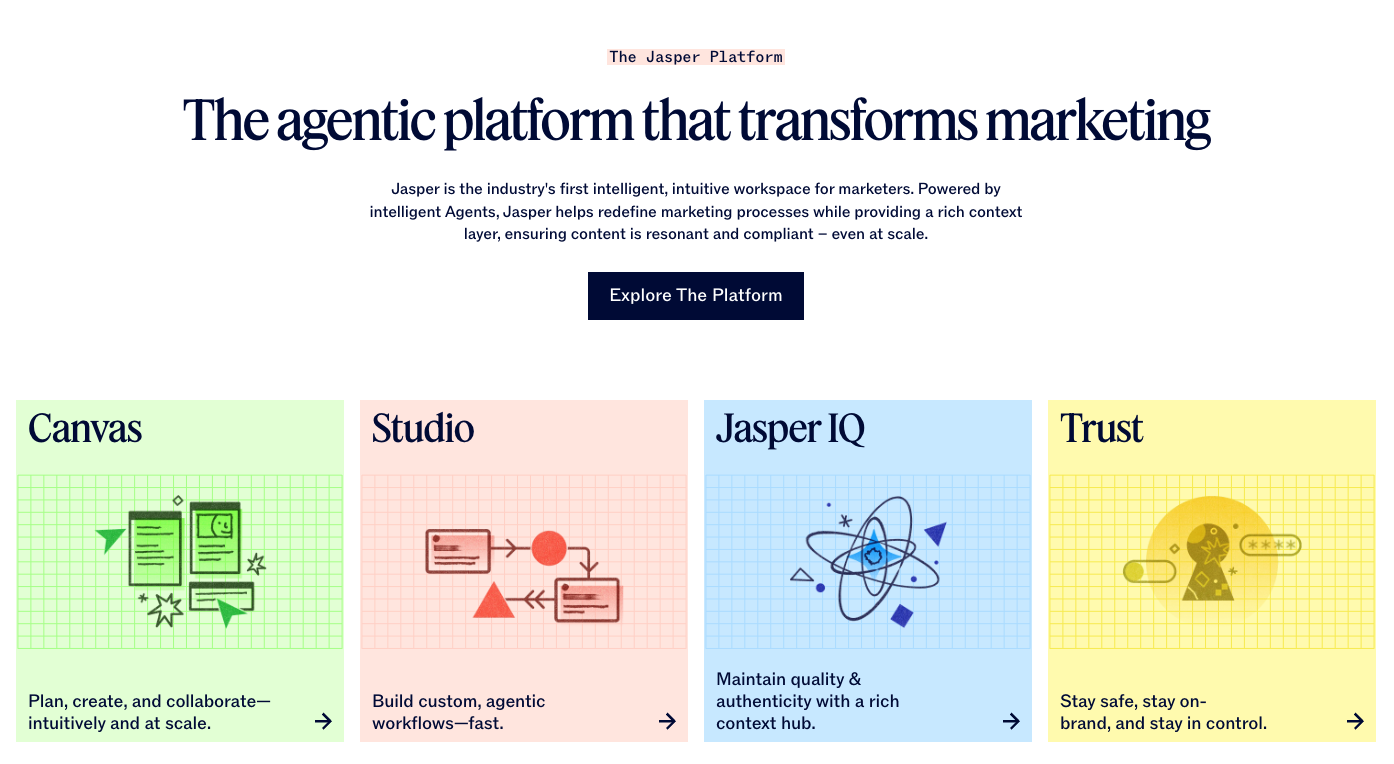
Explanation: AI-powered content creation tools, such as Jasper AI, can automate the generation of text and images, producing engaging and relevant content efficiently.
Example: Jasper AI (formerly Jarvis)
Key benefits: These tools save time and resources by automating the content creation process, maintaining quality and consistency, and allowing for quick adaptation to trending topics.
Potential challenges: Maintaining a unique brand voice and ensuring content originality can be challenging. Regular oversight is needed to prevent generic or off-brand content.
Implementation considerations: Start by integrating AI tools into your existing content workflow, testing outputs for brand alignment, and gradually increasing reliance as confidence in the tool grows.
2. Predictive analytics platforms
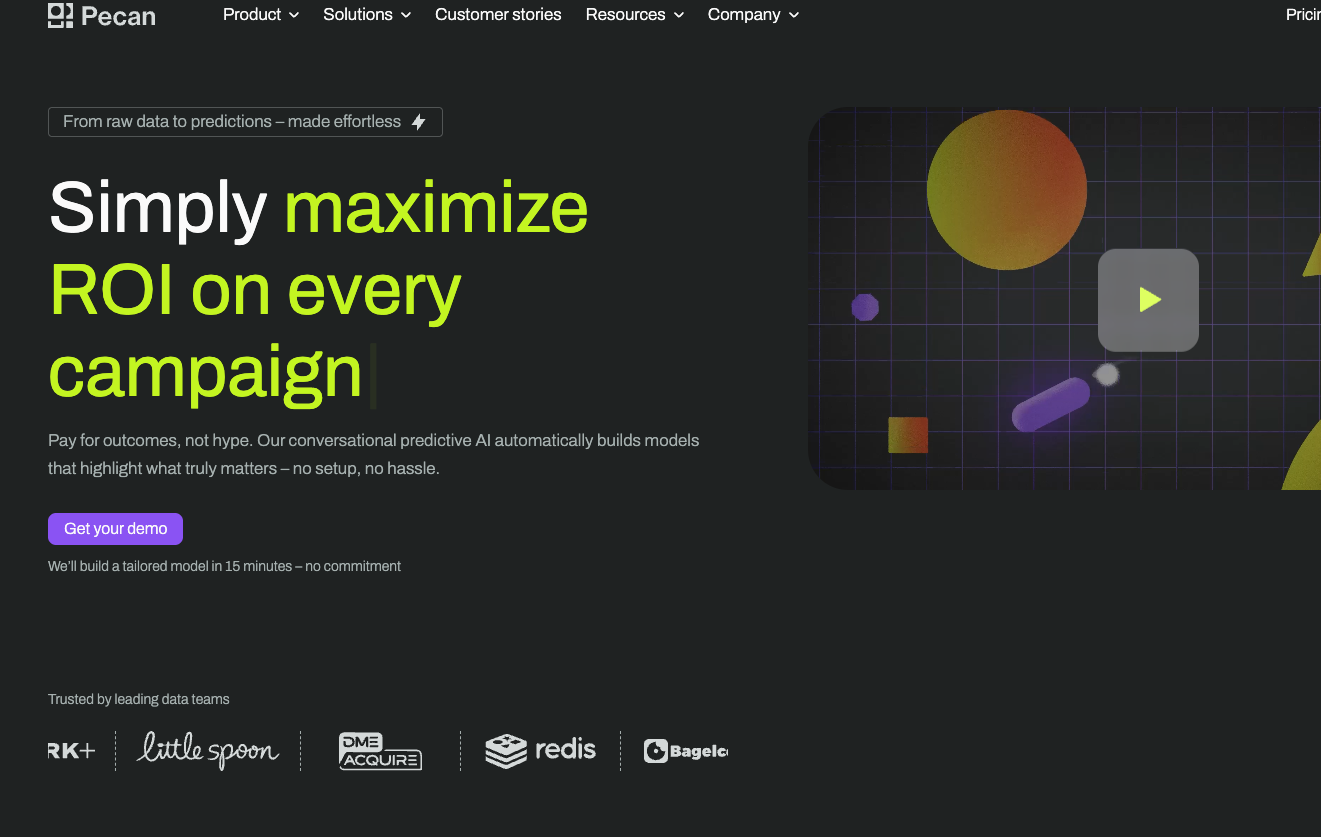
Explanation: Predictive analytics platforms analyse historical data to forecast future trends and customer behaviour, allowing for data-driven decision-making.
Example: Pecan AI
Key benefits: These tools enable businesses to optimise resource allocation, anticipate market changes, and tailor marketing strategies to specific customer needs.
Potential challenges: Accurate predictions require high-quality data. Businesses may face challenges in data integration and ensuring data privacy compliance.
Implementation considerations: Begin with a clear understanding of your data infrastructure and quality. Ensure your team is trained to interpret predictive insights effectively.
3. Customer segmentation and personalisation tools
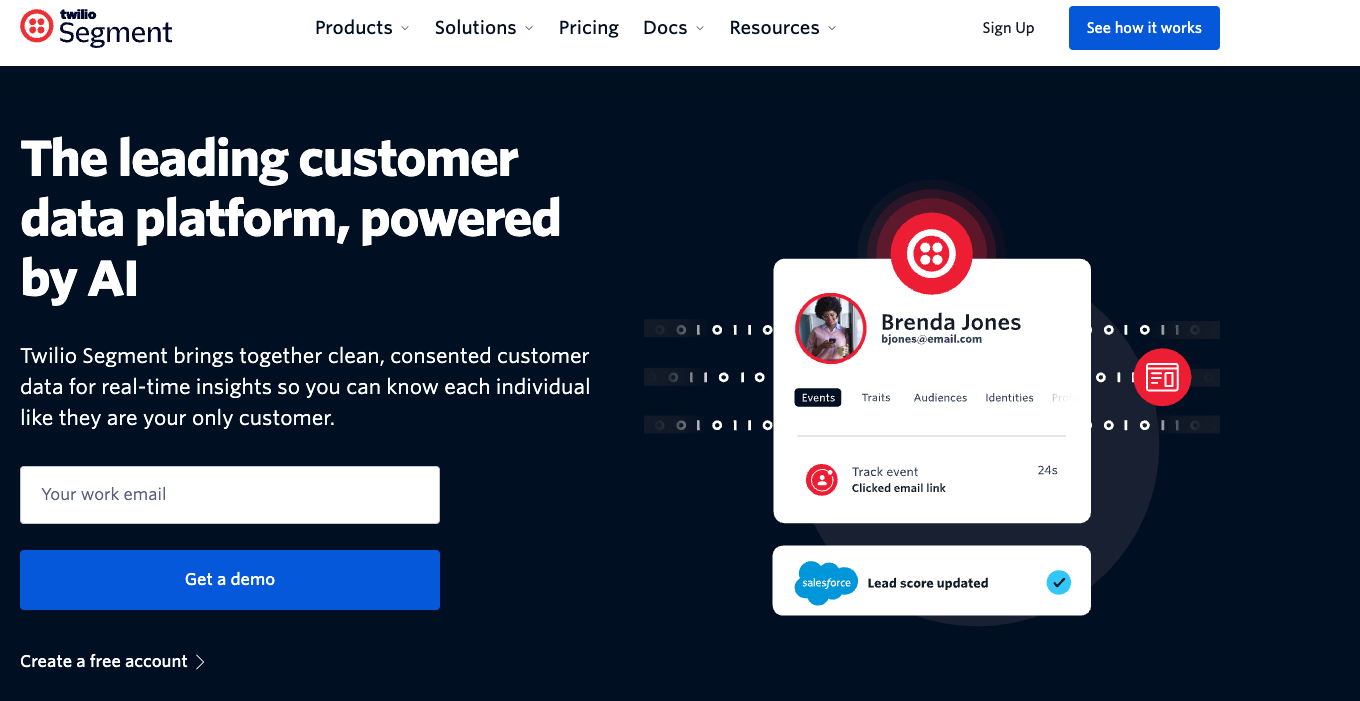
Explanation: AI tools for customer segmentation and personalisation analyse customer data to create detailed profiles and deliver tailored marketing messages.
Example: Segment
Key benefits: These tools enhance customer satisfaction and engagement by providing personalised experiences that resonate with individual preferences.
Potential challenges: Over-reliance on AI may lead to privacy concerns, and data silos can affect the accuracy of personalisation.
Implementation considerations: Ensure robust data management practices and transparency in data usage to build trust with customers.
4. Conversational AI and chatbots
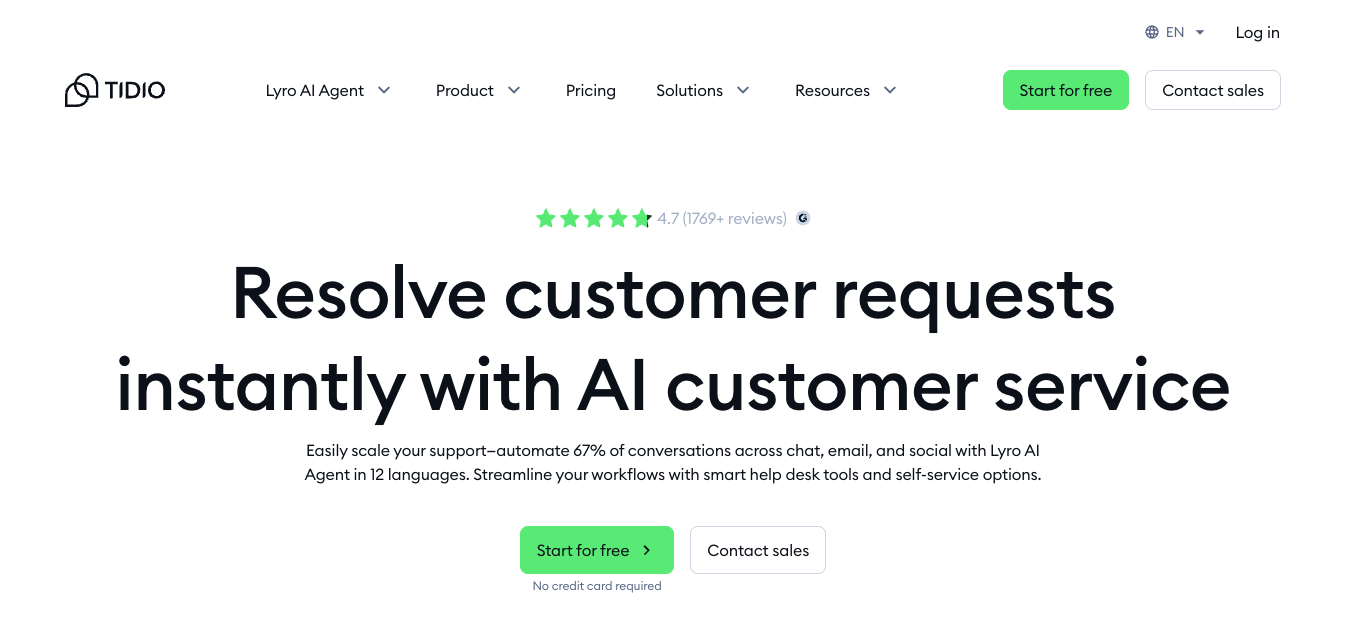
Explanation: Chatbots and conversational AI provide instant, automated customer support, handling inquiries 24/7.
Example: Tidio
Key benefits: These tools improve customer experience, reduce response times, and free up human resources for more complex tasks.
Potential challenges: Ensuring natural and accurate interactions can be difficult, and complex queries may require human intervention.
Implementation considerations: Implement chatbots for common inquiries first, and continuously refine their capabilities based on user feedback.
5. Social media optimisation tools
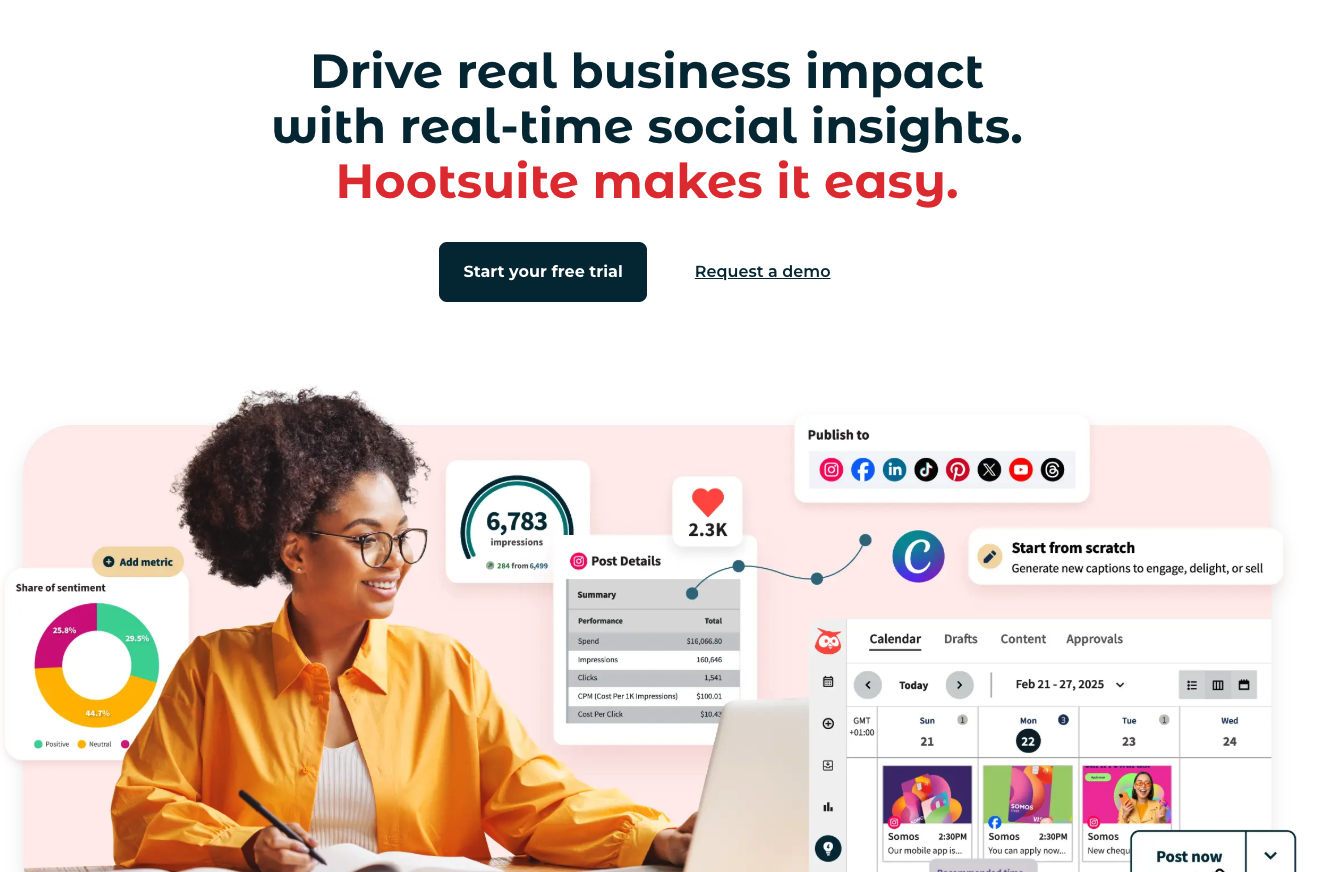
Explanation: AI tools for social media optimisation help schedule posts, track engagement, and analyse performance to maximise reach and engagement.
Example: Hootsuite
Key benefits: These tools ensure consistency in posting, identify optimal posting times, and provide insights into audience engagement.
Potential challenges: Platform algorithm changes can affect performance, requiring ongoing adjustment of strategies.
Implementation considerations: Regularly update strategies based on analytics insights and stay informed about platform changes.
6. Email marketing AI tools
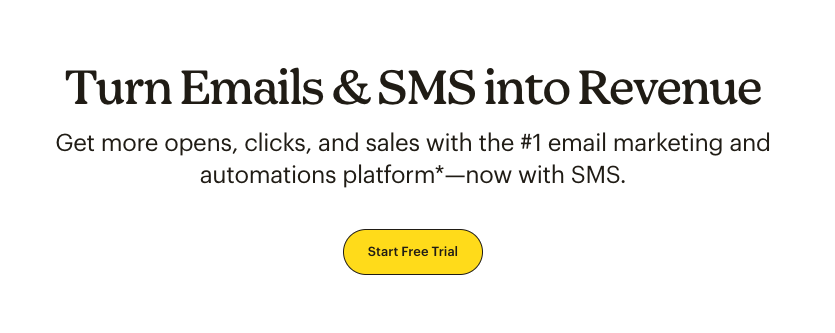
Explanation: AI-powered email marketing tools automate the creation and delivery of personalised email campaigns, enhancing engagement and conversion rates.
Example: Mailchimp
Key benefits: These tools increase open rates, drive conversions, and provide detailed analytics on campaign performance.
Potential challenges: Ensuring emails are not marked as spam and maintaining a balance between personalisation and privacy.
Implementation considerations: Start with segmenting your email list and testing different personalisation strategies to identify what resonates best with your audience.
7. SEO and content optimisation AI
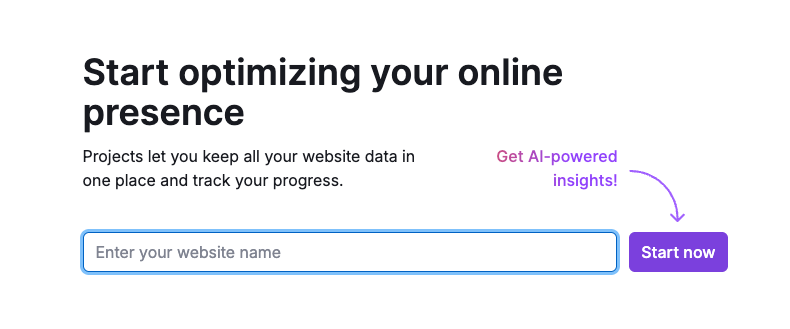
Explanation: AI tools for SEO and content optimisation analyse search trends and user behaviour to improve website visibility and search engine rankings.
Example: SEMrush
Key benefits: These tools provide actionable insights for optimising content, improving search rankings, and enhancing user experience.
Potential challenges: SEO algorithms are constantly evolving, requiring ongoing updates to strategies.
Implementation considerations: Regularly audit your website for SEO improvements and stay informed about the latest SEO trends and algorithm updates.
The future of AI in marketing
As AI continues to evolve, its impact on marketing is set to become even more profound, with emerging trends and technologies poised to redefine the industry.
Emerging trends and technologies
Hyper-personalisation: AI will enable marketers to deliver hyper-personalised experiences by analysing real-time data to tailor content and offers to individual preferences. This level of personalisation is expected to drive higher engagement and conversion rates.
Voice and visual search: With advancements in AI, voice and visual search technologies will become more prevalent, allowing consumers to search for products and information using voice commands or images. Marketers will need to optimise their content for these new search methods to maintain visibility.
AI-driven augmented reality (AR): AI combined with AR will create immersive marketing experiences that allow consumers to interact with products virtually before making a purchase decision. This technology has the potential to revolutionise how consumers engage with brands online.
AI-powered predictive analytics: As predictive analytics tools become more sophisticated, marketers will gain deeper insights into future trends and consumer behaviour, enabling more proactive and strategic decision-making.
Evolution of marketing roles
AI’s integration into marketing will lead to a shift in the roles and skills required within the industry. Marketers will need to develop a strong understanding of data analytics and AI technologies to effectively harness their capabilities. Creative roles will also evolve, focusing on designing personalised and engaging experiences that leverage AI insights. Additionally, new roles may emerge, such as AI ethics specialists, to ensure the responsible use of AI technologies.
Potential challenges and ethical considerations
Data privacy: As AI relies heavily on data, ensuring the privacy and security of consumer information will be a critical challenge. Marketers must adhere to data protection regulations and implement robust security measures to maintain consumer trust.
Bias in AI: AI algorithms can inadvertently perpetuate biases present in the data they are trained on. It’s essential for marketers to regularly audit AI systems and ensure they are designed to minimise bias and promote fairness.
Transparency and accountability: As AI becomes more integral to marketing strategies, maintaining transparency in how AI decisions are made will be crucial. Marketers must be accountable for AI-driven actions and ensure that consumers understand how their data is used.
Ethical use of AI: The ethical implications of AI in marketing, such as manipulation or exploitation of consumer behaviour, must be carefully considered. Marketers should prioritise ethical standards and practices to foster trust and maintain a positive brand image.
Getting started with AI marketing
Embarking on the AI marketing journey? At Submerge, we know that integrating AI into your marketing strategy is more than a smart move – it’s a game-changer. Here’s your roadmap to navigating this transformative terrain with confidence:
Step-by-step approach for businesses new to AI
- Define your vision: Start by identifying the specific challenges AI can solve for your business. Whether it’s enhancing customer engagement or streamlining operations, clarity is key to setting the stage for success.
- Empower your team: Equip your team with the knowledge they need. Host training sessions to demonstrate AI and highlight its potential to revolutionise your marketing efforts.
- Pilot and perfect: Start with small-scale projects. This allows you to experiment, measure impact, and fine-tune strategies without overwhelming your resources.
Auditing current marketing processes for AI opportunities
- Process mapping: Conduct a thorough audit of your marketing workflows. Identify repetitive tasks, data-rich activities, and customer touchpoints for AI enhancement.
- Data inventory: Catalogue your data sources – everything from customer demographics to social media analytics. Quality data is the fuel that powers effective AI.
- Set success metrics: Define clear metrics to evaluate AI’s impact. Look for boosts in efficiency, customer satisfaction, and performance metrics that align with your goals.
Tips for Selecting the Right AI Tools
- Clarify needs: Determine what you need from an AI tool. Consider capabilities like personalisation, automation, and scalability that align with your objectives.
- Research thoroughly: Dive into the landscape of AI tools. Compare features, pricing, and reviews to find the best fit for your industry and needs.
- Seek strong support: Choose vendors offering comprehensive support and resources. A partner in your AI journey should be just a call away.
Implementation best practices and common pitfalls to avoid
- Prioritise Data Quality: Ensure your data is accurate and up-to-date for AI to deliver actionable insights.
- Integrate Thoughtfully: Seamless integration with existing systems is crucial. Plan thoroughly to avoid creating data silos and inefficiencies.
- Monitor and Adapt: Keep a close eye on AI performance and be ready to pivot. AI is dynamic, and staying flexible ensures continued success.
- Balance Automation with Human Touch: While AI is powerful, it’s no substitute for human creativity and intuition. Use it to enhance, not replace, your team’s expertise.
Find out more
Ready to dive deeper into the world of digital marketing and AI? Discover a wealth of guides, advice, insights, news, and analysis from the experts at Submerge. From the latest in search marketing updates and SEO trends to CRO, PPC, and social media insights, we’ve got you covered. Visit our digital marketing blog to stay ahead of the curve and empower your business with cutting-edge strategies. Explore more at Submerge Resources.
Related Digital Marketing Resources
01/12/2025
The best AI tools for SEO in 2026
AI tools can help businesses improve SEO performance and save precious time.…
28/11/2025
The common paid search advertising mistakes hurting your ROI
Discover how to optimise paid search advertising and avoid common mistakes,…
21/11/2025
Social search: what it is and how to embrace it
Social media is rapidly changing how target customers interact with brands.…


